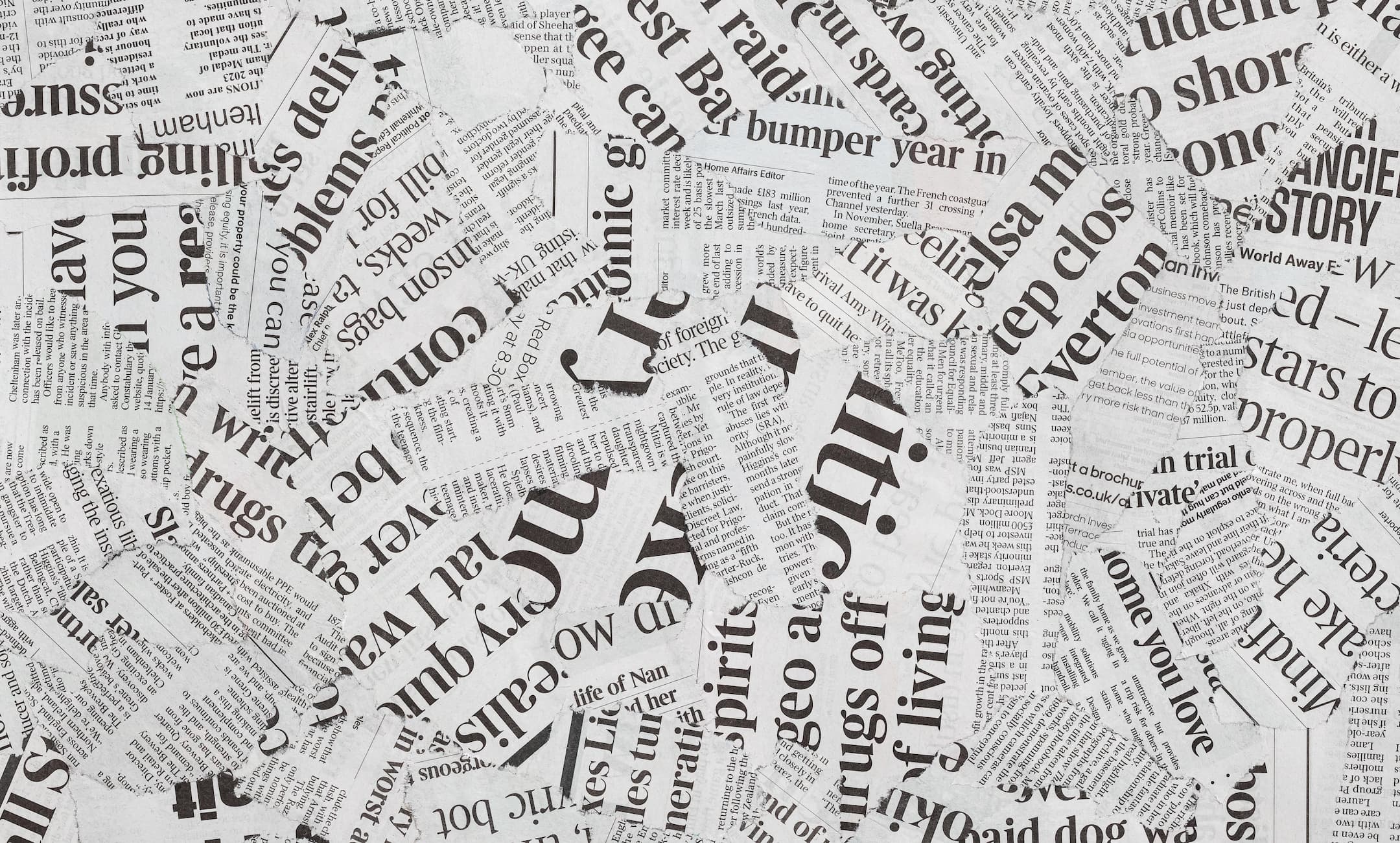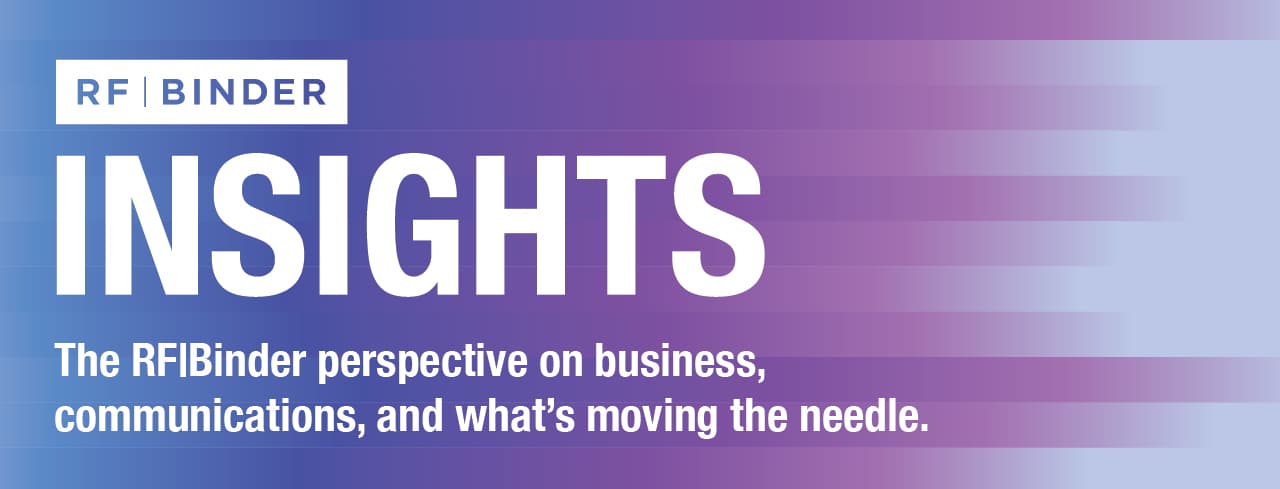For RF|Binder’s latest Hour to Empower, we had a conversation with Ari Goldman, a prolific journalist and professor at Columbia University School of Journalism. Ari spent 20 years with The New York Times as a religion writer, and his work has also appeared in The Washington Post, Salon, The New York Jewish Week and The Forward. At Columbia, he is the director of the school’s Scripps Howard Program in Religion, Journalism and the Spiritual Life.
RF|Binder hosts Hour to Empower sessions on a quarterly basis, bringing in a diverse mix of speakers and thought leaders to inspire reflection, strike up meaningful conversations with our colleagues, and drive impact for our clients. The below is a summary of the key points and takeaways from the discussion with Ari.
As communications professionals, storytelling lies at the heart of what we do. An often-overlooked aspect of our work is the ethical questions that underlie the development of a narrative. Informed by his two decades of experience as a religion journalist, Ari Goldman sat down with RF|Binder to discuss the ethics of storytelling, when to lean on our expert sources, and how to navigate the relationship between the public relations and media industries.
A crucial, yet often-forgotten element of effective storytelling is empathy. While it’s easy to stay laser-focused on perfecting clients’ messaging and achieving KPIs, many often forget to consider the human aspect of connecting with our target audiences. Ari shared that as a journalist, he’s guided by the principle that people want to see themselves in his stories. In the same way, our communications strategies are most effective when our target audiences can personally identify with our client’s brand narrative.
In an age where we have unlimited access to information at our fingertips and face an oversaturated media landscape, we’ve trained our brains to get to the facts and cut out the noise. Having these media literacy skills is important, but it’s easy to lose sight of the nuanced cultural contexts that weave through the stories we read. To balance factual storytelling with empathy, Ari relies on what he calls “empathetic objectivity”. To paraphrase his example, while the Catholic practice of taking communion can be described objectively by non-followers as eating bread and drinking wine, committing too strictly to objectivity means that readers lose the deeply symbolic and spiritual context of the practice. As communicators, taking the time to inform ourselves, understand our audience, and infuse our narratives with empathy will ultimately make our work more effective.
Another important part of building a narrative is understanding when and how sources can tell the story better than we can. On the journalism side, this might mean identifying when using sources and quotes can better engage readers. On the agency side, this translates to leaning on the expertise of our clients to enhance their brand story. Executing a comprehensive media strategy can feel daunting at times but is made easier by intentionally developing strong relationships with our clients and their spokespeople and knowing when and how to elevate their expertise. Simply put, we don’t have to do it all ourselves.
Near the end of our conversation, the discussion shifted towards the connection between journalists and public relations professionals. The media and PR industries are joined at the hip, but navigating these relationships can be a complex and sometimes challenging task. A piece of advice Ari shared is to think like a journalist. Is our client’s story relevant? Is it timely? Is it newsworthy? Ideally, these questions should be answered in the early stages of developing a media strategy, but we can always benefit from taking a step back and reevaluating at different points in the process.
A final word from Ari is to never forget the importance of acknowledging our mistakes. Media slip-ups are rare but not inevitable, and taking steps to make amends is always appreciated. There’s an art to balancing a retroactive apology with a forward-thinking media strategy, and as communications experts, it’s our job to achieve that balance in those unlikely circumstances.
Communications work is inherently human. Whether it’s our clients, journalists, audiences, or each other, our strongest work is done with people in mind.

